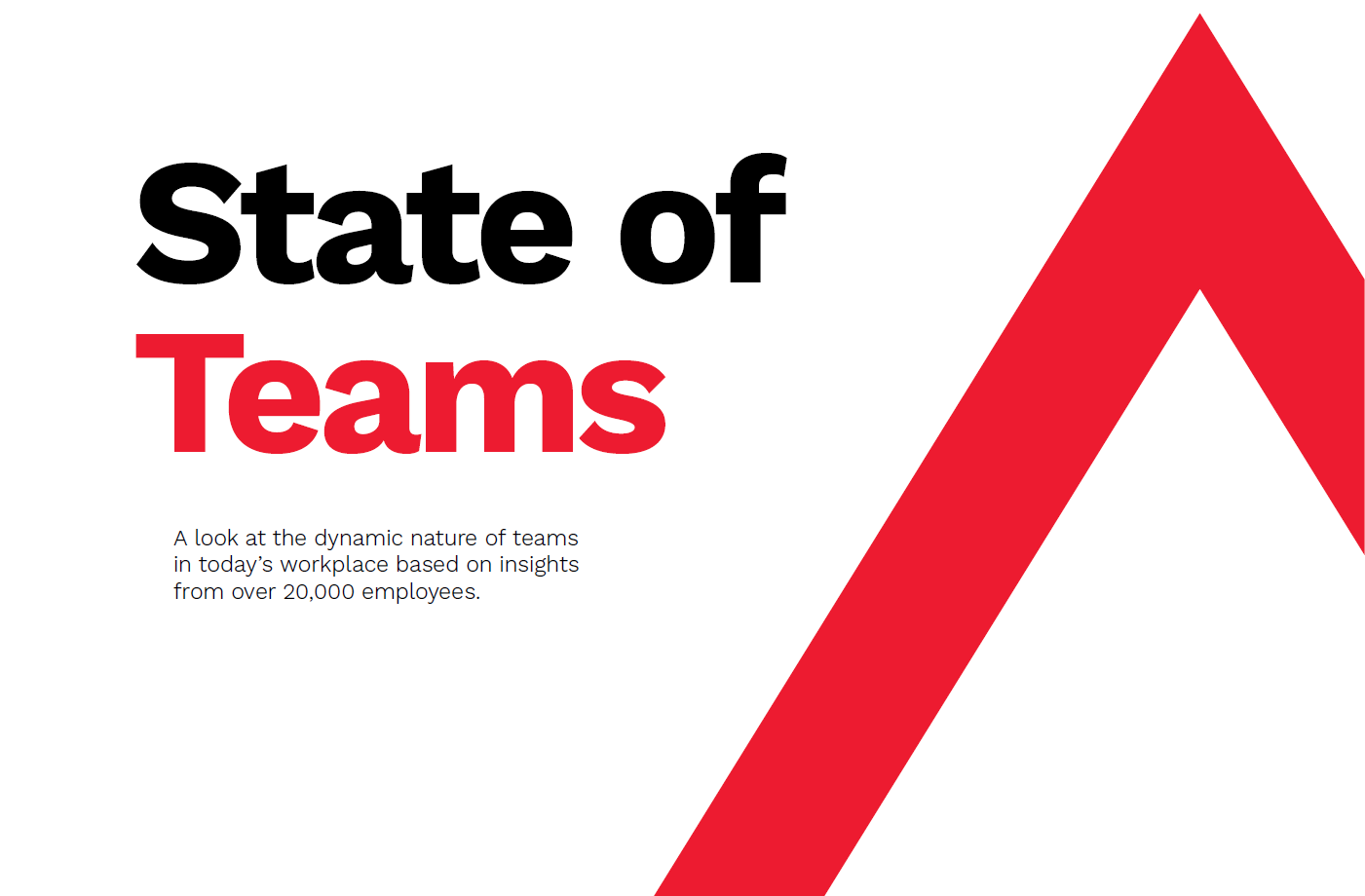
Deep Dive
with Penny Reid
30th April, 2024


Teams are the building blocks of any organisation, and our working lives are becoming more team-orientated than ever before.
Over the past several decades, employees have devoted much more of their time to collaboration – in meetings, on phone calls, or via email and chat platforms. Engaging with their team(s) now accounts for over 60% of employees’ time.
This proliferation of teams, however, has complicated employees’ working lives. As teams become more complex, more fluid, and more remote, team members must navigate an environment in constant flux. That’s no easy task, and employees must be flexible, socially adept, and relationship savvy in order to navigate interpersonal challenges and achieve collective gains within and across their teams.
John Wiley & Sons, Inc. conducted a survey in February and early March 2020 to investigate the dynamic nature of teams in the workplace—and how employees and employers are responding2. Based on the responses of over 20,0003 employees across a wide array of industries and organizational positions, from individual contributors to C-suite executives, teams suffer from a critical interpersonal skills gap that impedes their potential to achieve.
Want to know more?
